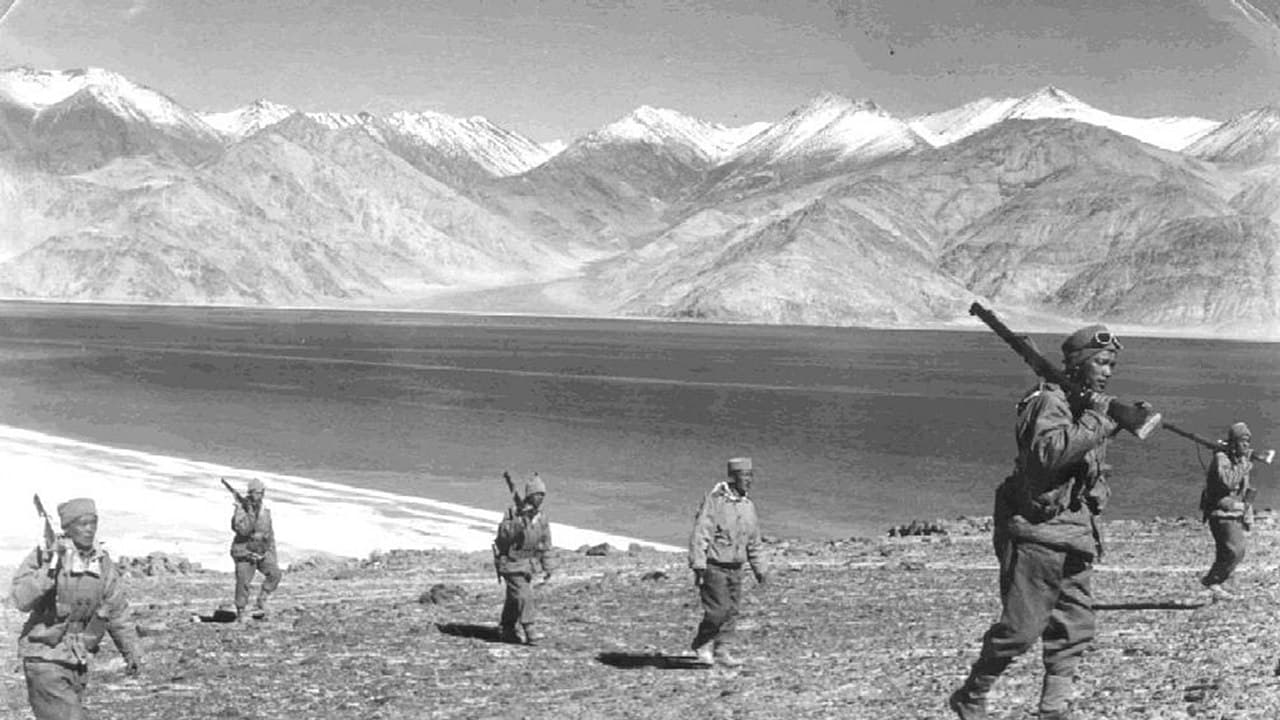China’s 1962 invasion of India violated UN principles, including sovereignty and peaceful dispute resolution. Despite India’s appeals, Cold War politics and China’s UN status prevented formal condemnation, shaping global responses during the crisis.
New Delhi: China’s surprise invasion and subsequent occupation of Indian territory in 1962 marked the deadliest escalation from a border dispute into a full-scale armed conflict between the two nations.
The actions that Chinese military took during the 1962 Sino-Indian War known to have violated several key principles of the United Nations, including the prohibition on the use of force and the peaceful settlement of disputes.
UN principles violated by China’s actions
On October 20, 1962, the Chinese People’s Liberation Army launched coordinated, large-scale offensives across the disputed border in Ladakh and the North-East Frontier Agency (NEFA), using military force to achieve territorial objectives.
This was in violation of Article 2, paragraph 4 of the UN Charter, which states that all member nations must “refrain in their international relations from the threat or use of force against the territorial integrity or political independence of any state.”
It is pertinent to mention here that China abruptly chose a belligerent military approach instead of pursuing available diplomatic options to resolve the border dispute.
A core principle of the UN is respecting the sovereignty and territorial integrity of other nations, which was blatantly violated by China.
Article 2, paragraph 3 requires all members to “settle their international disputes by peaceful means in such a manner that international peace and security, and justice, are not endangered.”
Article 2 of UN Charter
The Organisation and its Members, in pursuit of the Purposes stated in Article 1, shall act in accordance with the following Principles:–
The Organisation is based on the principle of the sovereign equality of all its Members.
All Members, in order to ensure to all of them the rights and benefits resulting from membership, shall fulfill in good faith the obligations assumed by them in accordance with the present Charter.
All Members shall settle their international disputes by peaceful means in such a manner that international peace and security, and justice, are not endangered.
All Members shall refrain in their international relations from the threat or use of force against the territorial integrity or political independence of any state, or in any other manner inconsistent with the Purposes of the United Nations.
All Members shall give the United Nations every assistance in any action it takes in accordance with the present Charter, and shall refrain from giving assistance to any state against which the United Nations is taking preventive or enforcement action.
The Organisation shall ensure that states which are not Members of the United Nations act in accordance with these Principles so far as may be necessary for the maintenance of international peace and security.
Nothing contained in the present Charter shall authorise the United Nations to intervene in matters, which are essentially within the domestic jurisdiction of any state or shall require the Members to submit such matters to settlement under the present Charter; but this principle shall not prejudice the application of enforcement measures under Chapter Vll.
Breach of international agreements
China’s attack not only violated the Article 2 of the UN charter (as cited earlier), it was also a betrayal of earlier agreements, including the 1954 “Panchsheel” or Five Principles of Peaceful Coexistence, which had governed relations between the two countries. By invading unexpectedly and ignoring peaceful conflict resolution, China demonstrated a disregard for its prior commitments.
No formal UN condemnation
Due to Cold War politics and China’s non-membership at the time, the United Nations did not formally condemn China’s actions.
Multiple factors explain why the UN did not formally condemn China’s aggression against India in 1962, including the international political climate, China’s UN membership status, the timing of the conflict, and India’s own policy of non-alignment.
The crisis was viewed largely as a bilateral issue, not a global threat that required UN intervention.
Also, at the time, the Republic of China (Taiwan) held the UN seat for China, not the communist People’s Republic of China (PRC), which launched the attack on India.
This meant the PRC could not be formally condemned by the General Assembly or Security Council, as it was not a recognised member.
India appeals to international community
India’s Prime Minister Jawaharlal Nehru made an urgent appeal for international support and military aid from the United States as the conflict escalated. Being pre-occupied with the Cuban Missile crisis, it could not offer help immediately.
However, eventually, the US President, John F Kennedy responded swiftly by authorising airlifting of emergency military supplies to India, and diplomatic discussions for a larger aid package began.
It also played a decisive role in preventing Pakistan, a US ally, from attacking India while India’s military was fighting the Chinese.
Nehru also sent similar appeals for military aid to the British Prime Minister, Harold Macmillan.
Both the US and the UK prepared to provide significant military support to India, which may have contributed to China’s decision to announce a unilateral ceasefire.
But, India’s requests to the Soviet Union yielded a much different response. As the crisis escalated, the Soviet Union, a close Indian ally, maintained a neutral stance. Like the US, Moscow was also pre-occupied with the Cuban Missile Crisis and was unwilling to escalate tensions further with its rival, China, by openly condemning China’s actions.
By the end of the war, after the immediate threat had passed, the Soviet Union’s support for India became more visible, and it later became a major provider of arms and military technology to India.
